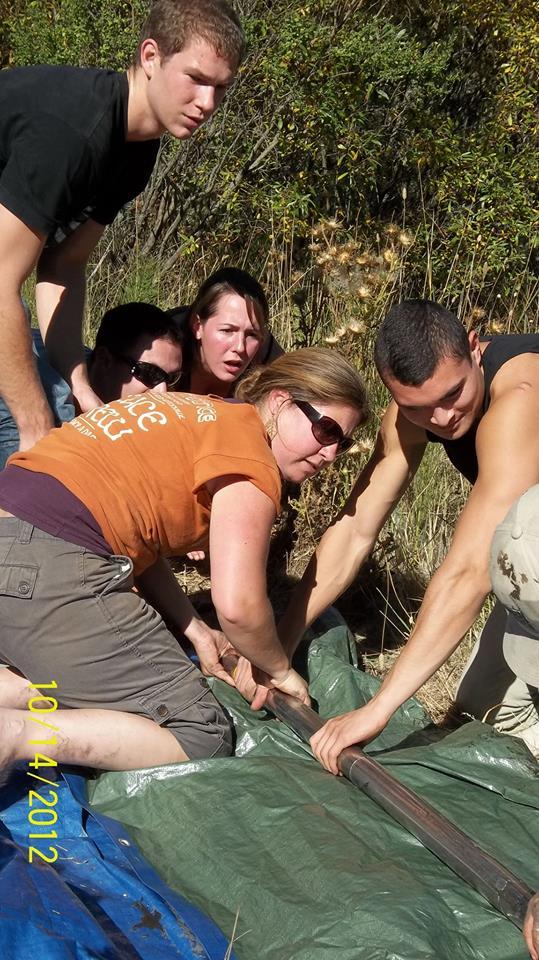Why Don't Students Know About Service-Learning?
"Nothing appeals to me more as a student than exams and papers! I just love whenever a professor lays one down before me. A wave of nostalgia just washes over me." - Non-existent student
As a student, what kind of education are you interested in? Are you interested in a lesson plan that is more predictable? Are you trying to avoid spontaneity and collaboration as much as possible? Perhaps you detest the idea of working with others toward a mutual goal or leaving the glow of the fluorescent lights? Well, if all of these are true then this is not the post for you. We're discussing service-learning -- we don't mind tests, but we prefer action. We don't detest PowerPoint slides, but to be honest, we'd rather be doing hands-on work. Reading about skill development is a nice start, but we find developing those skills in the real world far more satisfying, especially when it's benefitting the community.
Service-learning is a pedagogy that utilizes community service projects within the context of an academic course. This spring, over forty service-learning courses are offered at Sonoma State University in fields ranging from Business to Women's & Gender Studies. With so much variety, we're asking the question: why don't students know about service-learning?
The problem: Students who might be interested in service-learning don't know it exists and often, students who are in service-learning courses don't know that they are.
Professors don't always make it clear that their class is service-learning, or they don't clearly explain what service-learning means and what its goals are. As a result, students can become confused, as they are doing service in the community and come to the conclusion that they are simply taking a course that requires community service. While community service is great, and we encourage students to get involved, it isn't the same as service-learning. Another reason students might not know about service-learning is because while it's growing on campus, it is not yet popular; as a result, students who might be interested in a more hands-on educational approach just don't know it's a viable option. Lastly, while we here at the Center for Community Engagement do provide some direct services for students, we put most of our effort into educating and recruiting faculty on the benefits of service-learning and supporting community partners.
Did you know that service-learning first got started because students asked faculty for it? Service-learning can be a great tool for faculty to engage their students in hands-on learning with both an academic and civic purpose, all while having a positive impact in the community. But it is even more valuable if people are aware that service-learning exists. Knowing you are in a service-learning class makes your reflection assignments easier because you know what you are supposed to be reflecting on and are in the correct mindset for analyzing the work that you are doing. Another reason getting students informed about service-learning is important is that students should know all of their options in order to take advantage of every opportunity available to them. Brianne McDonough of USA Today College explains, "These courses allow you to see how the subject you are learning can be applied through projects that address real-world concerns." We want the best education possible for the students of SSU and we think service-learning is definitely a part of that package.
What can I do about it?
Word of mouth: If you took a service-learning class and had a great experience, make sure to let your friends and peers know so they'll be more inclined to enroll in the class during it's next availability. And don't forget to tell the professor or put it on your course eval.
Ask: If your professor kind of went over what service-learning is but you still don't feel as though you completely understood, don't hesitate to ask. One or more of your peers may have had the same question.
Ask part 2: If you had a class that you think would have been even better with a hands-on community component, ask your professor to look into using service-learning in the future.
Drop in: drop by office hours and discuss your thoughts and concerns with your professor. "I love your course and I'm interested in learning what other service-learning courses are available on campus."
The CCE website: Swing by the CCE website. We've got lots of information for students on what service-learning is and what service-learning courses are available to you.

Author: Domonique Jimerson



